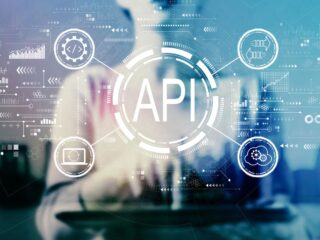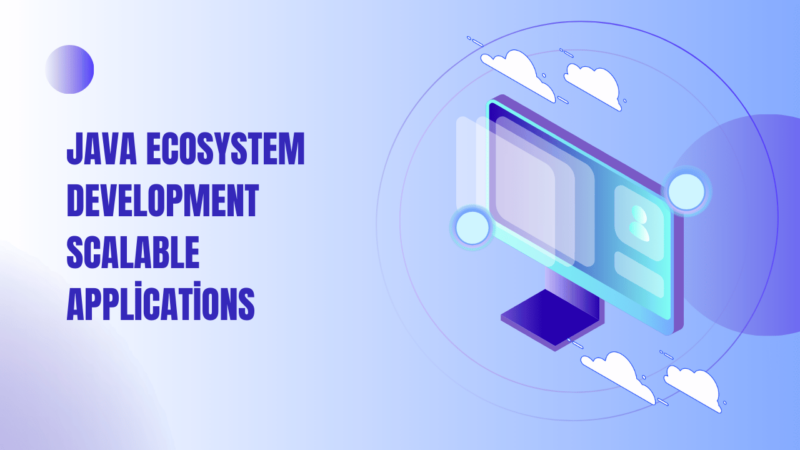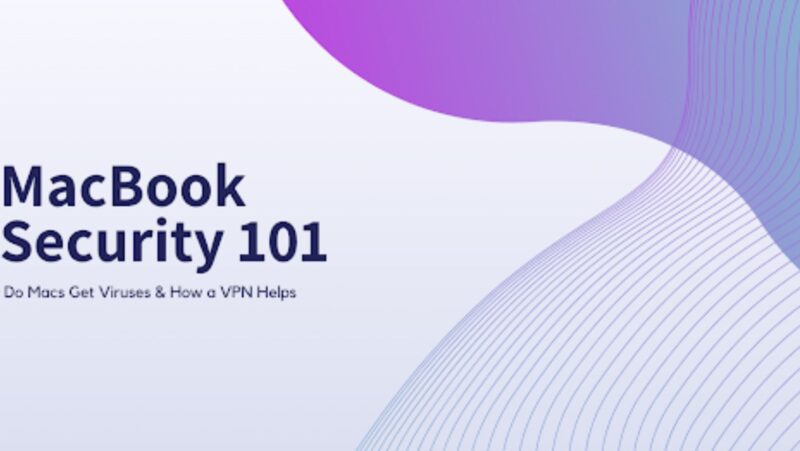
Artificial Intelligence (AI) is rapidly changing the music industry, redefining the way music is created, composed, and distributed. In an era where technology and creativity merge, AI-powered tools like Suno AI are empowering musicians, producers, and even hobbyists to explore uncharted territories of music production. From automating complex processes to inspiring new forms of musical expression, AI has become an essential partner in the creative journey.
This article delves into the ways AI is transforming music creation, explores how tools like Suno AI work, and discusses the broader implications for musicians and the industry.
The Role of AI in Music Creation
AI’s role in music creation has grown exponentially in recent years, influencing multiple stages of the process, including:
1. Composition and Songwriting
AI-powered tools can compose melodies, harmonies, and chord progressions based on patterns from existing music. By analyzing massive datasets of music, AI can generate unique compositions that emulate specific genres, styles, or even iconic artists. There aremore blogs available on Sajfm about music industry.
2. Music Arrangement and Production
Traditionally, arranging and producing music requires years of training and expertise. AI tools simplify this process by automatically arranging instruments, rhythms, and dynamics to complement the composition.
3. Sound Design and Audio Enhancement
AI assists with creating unique sounds and enhancing audio quality. Whether it’s generating synthetic instrument sounds, cleaning up noisy recordings, or applying effects, AI accelerates sound design and post-production.
What is Suno AI and How Does It Work?
Suno AI is a cutting-edge platform that harnesses the power of artificial intelligence to simplify and enhance music creation. It provides tools that automate composition, sound generation, and audio processing while empowering creators to maintain artistic control.

Designed for both professionals and beginners, Suno AI reduces the complexity of music production, allowing users to focus on their creativity instead of getting bogged down by technical challenges.
Key Features of Suno AI
- AI-Generated Melodies: Suno AI can generate original melodies in various genres based on user input. Whether you’re looking for an upbeat pop tune or a soulful ballad, the tool uses machine-learning algorithms to analyze patterns and deliver a musical base to build on.
- Customizable Style and Genres: Suno AI allows users to customize the genre, tempo, and style of their music. The platform adapts to preferences, generating outputs that are tailored to fit the artist’s vision.
- Collaboration Between Humans and AI: Instead of replacing human creativity, Suno AI enhances it. Users can tweak AI-generated outputs, fine-tune the melodies, or combine them with their compositions, fostering collaboration between man and machine.
- Rapid Prototyping for Ideas: Suno AI excels in helping creators brainstorm musical ideas quickly. Musicians can explore multiple variations of a tune in minutes, breaking through creative blocks and refining their projects with ease.
- Accessibility for All Creators: Designed with an intuitive interface, Suno AI is accessible to beginners and seasoned professionals alike. It lowers the barrier of entry into music production, enabling anyone with a passion for music to create professional-quality tracks.
How AI Tools Like Suno AI Benefit Musicians
AI in music creation offers several benefits that are revolutionizing the industry:
1. Enhanced Creativity
AI tools inspire creativity by generating unexpected melodies, harmonies, and sound combinations. Musicians can experiment with these suggestions and expand their creative boundaries.
2. Speed and Efficiency
Creating music, from composition to mastering, can take days or even weeks. AI accelerates this process, enabling musicians to create polished tracks in a fraction of the time. Tools like Suno AI automate repetitive tasks, allowing artists to focus on their artistry.
3. Cost-Effective Solutions
Hiring professional composers, producers, or sound designers can be costly. AI-powered tools offer affordable alternatives, providing high-quality outputs without breaking the bank.
4. Accessibility for Emerging Artists
AI democratizes music creation, making it accessible to emerging artists and independent creators. Even those with minimal technical knowledge can produce studio-quality music using tools like Suno AI.
5. Breaking Creative Blocks
Musicians often face creative roadblocks. AI tools provide fresh ideas, alternative melodies, and innovative sounds that can reignite the creative process.
The Rise of AI in the Music Industry
The increasing adoption of AI in the music industry signifies a shift in how music is produced and consumed. Major trends include:
- AI-Generated Hits: Platforms like Suno AI are capable of creating radio-ready tracks, some of which have even gained commercial success. AI tools are helping artists refine their work faster and produce unique sounds.
- Personalized Listening Experiences: Streaming platforms like Spotify and YouTube use AI to analyze listening habits and deliver personalized music recommendations. This AI-driven curation enhances the listener’s experience.
- AI and Live Performances: AI is now influencing live performances through interactive visuals, sound modulation, and real-time music generation, creating immersive concert experiences.
- AI in Film Scoring and Video Games: AI tools are increasingly used to compose adaptive music scores for films and video games, creating dynamic, responsive soundtracks that match on-screen actions. additionally , you can get more blogs on AI tools for music on Saj fm.
Challenges and Ethical Considerations
While AI offers exciting possibilities, it also brings challenges that need to be addressed:
1. Ownership and Copyright Issues
Who owns the music created by AI? Determining the rights of AI-generated compositions raises questions about intellectual property and fairness.
2. Loss of Human Touch
Critics argue that AI music lacks the emotional depth and personal touch that human composers bring. While AI can replicate patterns, it may struggle to recreate the nuances of human artistry.
3. Job Displacement
There is concern that AI could replace roles traditionally held by human composers, producers, and sound engineers. However, many see AI as a collaborative tool rather than a replacement.
The Future of AI in Music Creation
As AI continues to evolve, it is likely to become an integral part of music production. Future developments may include:
- AI tools that can compose music based on real-time emotions and biometric feedback.
- More advanced collaborative features, where AI and humans co-compose in real-time.
- Ethical frameworks to address ownership and protect artists’ rights.

Tools like Suno AI are at the forefront of this evolution, offering musicians unprecedented opportunities to experiment, create, and innovate.
Conclusion
AI is not just transforming music creation; it is revolutionizing the relationship between artists and technology. Tools like Suno AI empower musicians to explore creative possibilities, break through limitations, and produce professional-quality music effortlessly.
While AI brings challenges that require careful navigation, its potential to democratize music creation and inspire new forms of expression is undeniable. For musicians, producers, and music enthusiasts, embracing AI offers an opportunity to push creative boundaries and shape the future of music.












